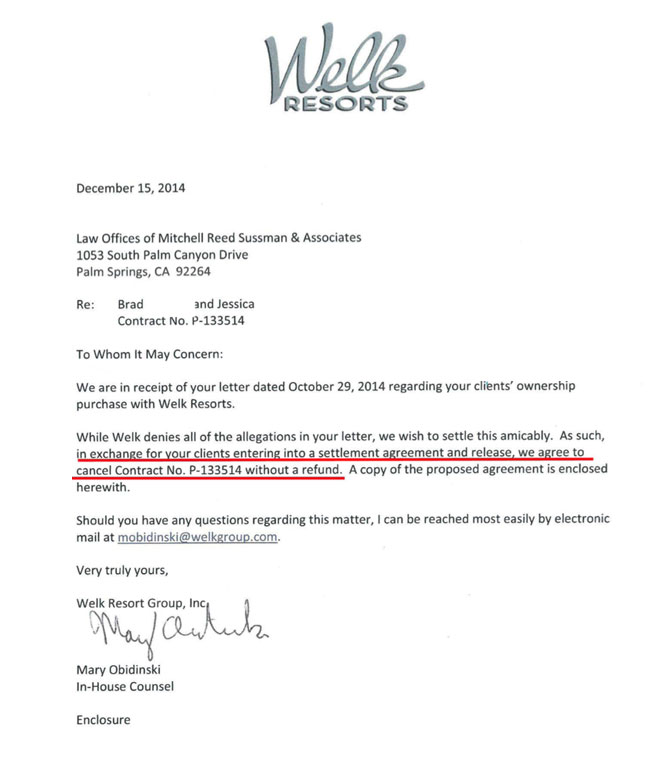Home with a particular type of ownership or use rights Barnsdale Hall Hotel (UK) timeshare lodges. On the grounds of the Finest Western Hotel are a variety of lumber A-frame chalets. A timeshare (often called getaway ownership) is a property with a divided form of ownership or usage rights. These homes are normally resort condominium systems, in which numerous parties hold rights to use the home, and each owner of the time share cost exact same accommodation is allotted their period of time. Systems may be sold as a partial ownership, lease, or "right to use", in which case the latter holds no claim to ownership of the home.
The term "timeshare" was created in the United Kingdom in the early 1960s, expanding on a holiday system that became popular after The second world war. Trip house sharing, likewise known as holiday home sharing, involved four European households that would purchase a trip cottage jointly, each having unique use of the property for among the 4 seasons. They turned seasons each year, so each family enjoyed the prime seasons similarly. This principle was mainly used by related families since joint ownership requires trust and no property manager was involved. what happens when timeshare mortgage is complete. Nevertheless, few families getaway for a whole season at a time; so the holiday home sharing residential or commercial properties were often uninhabited for long durations.
It took practically a decade for timeshares in Europe to evolve into a smoothly run, effective, company venture. The very first timeshare in the United States was begun in 1974 by Caribbean International Corporation (CIC), based in Fort Lauderdale, Florida. It offered what it called a 25-year vacation license instead of ownership. The company owned two other resorts the trip license holder might alternate their trip weeks with: one in St. Croix and one in St. Thomas; both in the U.S. Virgin Islands. The Virgin Islands homes started their timeshare sales in 1973. The agreement was simple and uncomplicated: The business, CIC, assured to keep and provide the specified lodging type (a studio, one bedroom, or 2 bed room unit) for usage by the "license owner" for a how to cancel my timeshare duration of 25 years (from 1974 to 1999, for example) in the specified season and number of weeks agreed upon, with just 2 extra charges: a $15.


The contract had a $25. 00 changing cost, needs to the licensee choose to use their time at one of the other resorts. The contract was based on the truth that the cost of the license, and the small daily, compared to the predicted increase in the cost of hotel rates over 25 years to over $100. 00 per night, would save the license owner numerous getaway dollars over the period of the license agreement. In between 1974 and 1999, in the United States, inflation improved the present cost of the per diem to $52. 00, verifying the expense savings assumption. what do i need to know about renting out my timeshare?.
The only stipulation was that the $15. 00 daily needs to be paid every year whether the system was inhabited or not. what is green season in poconos timeshare. This "need to be paid yearly charge" would end up being the roots of what is known today as "upkeep fees", once the Florida Department of Realty became involved in regulating timeshares. The timeshare principle in the United States stood out of numerous entrepreneurs due to the enormous profits to be made by selling the exact same room 52 times to 52 different owners at a typical rate in 19741976 of $3,500. 00 weekly. Quickly thereafter, the Florida Real Estate Commission stepped in, enacting legislation to manage Florida timeshares, and make them fee simple ownership transactions.
Little Known Facts About Timeshare Loans What If Defaulted.
This charge easy ownership also generated timeshare location exchange business, such as Period International and RCI, so owners in any offered area could exchange their week with owners in other locations. Cancellations, or rescission, of the timeshare agreement, remain the market's greatest problems to date; [] the problem has actually been the topic of funny in popular home entertainment. The industry is controlled in all nations where resorts are situated. In Europe, it is controlled by European and by national legislation. In 1994, the European Neighborhoods adopted "The European Directive 94/47/EC of the European Parliament and Council on the defense of purchasers in respect of certain elements of contracts relating to the purchase of the right to use stationary residential or commercial properties on a timeshare basis", which went through current review, and led to the adoption on the 14th of January 2009 on European Directive 2008/122/EC.
The new policies are outlined in the Official Mexican Norm (NOM), which consists of a series of official requirements and regulations relevant to varied activities in Mexico. The list below institutions were included during the new standardization: NOM is officially called: "NOM-029-SCFI-2010, Industrial Practices and Info Requirements for the Rendering of Timeshare Service". It developed the following requirements: Marketing business are not allowed to use presents and obtain for potential timeshare owners without clearly specifying the real function of the deal. The requirements to cancel a timeshare agreement must be more practical and less burdensome. NOM recognizes the personal privacy rights of timeshare consumers.
Verbal pledges need to be written and established in the original timeshare agreement. The timeshare service provider should comply with all obligations composed in the timeshare contract, as well as the internal rules of the timeshare resort. The charges that are planned to be made to the customer must be plainly and clearly defined on the timeshare application, consisting of the subscription expense, and all additional charges (upkeep fees/exchange club costs). To make the new guidelines suitable to any individual or entity that supplies timeshares, the meaning of a timeshare company was significantly extended and clarified. If the timeshare service provider does not follow the guidelines decreed in NOM, the effects may be significant, and may include punitive damages that can vary from $50.
00 Owners can: [] Use their usage time Lease their owned use Give it as a gift Donate it to a charity (ought to the charity choose to accept the problem of the associated upkeep payments) Exchange internally check here within the very same resort or resort group Exchange externally into thousands of other resorts Sell it either through traditional or online marketing, or by using a certified broker. Timeshare contracts allow transfer through sale, however it is hardly ever accomplished. Just recently, with a lot of point systems, owners might choose to: [] Designate their usage time to the point system to be exchanged for airline company tickets, hotels, travel packages, cruises, amusement park tickets Rather of leasing all their actual use time, rent part of their points without really getting any use time and use the rest of the points Rent more points from either the internal exchange entity or another owner to get a larger unit, more vacation time, or to a much better place Conserve or move points from one year to another Some designers, however, might restrict which of these choices are readily available at their respective residential or commercial properties.